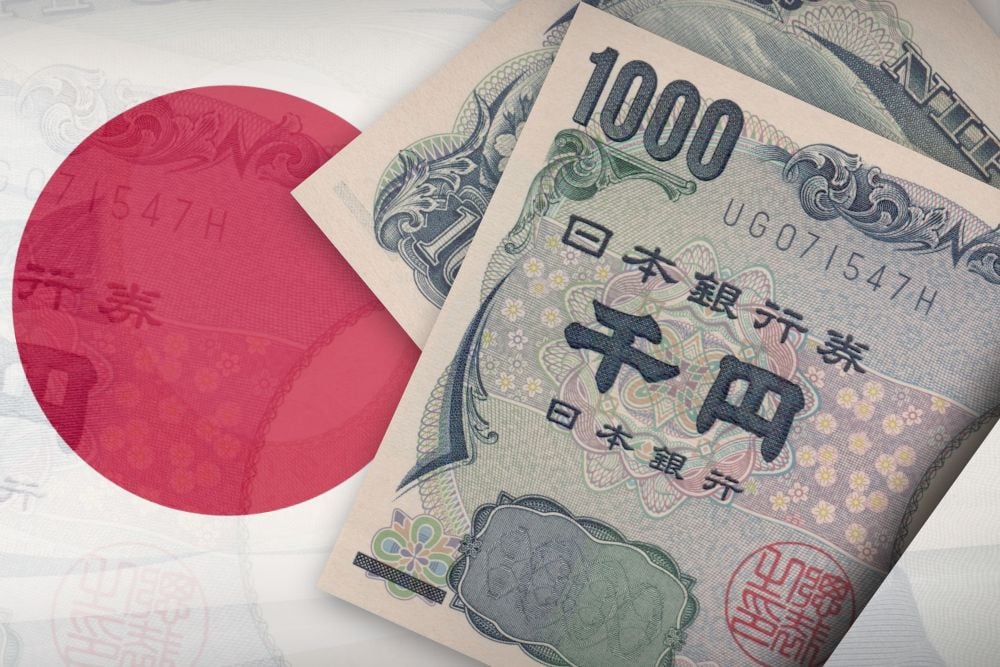In this age of social distancing and mask wearing, companies, and certain segments within them, are being motivated to improve the way they operate. This is particularly true for corporate treasury management teams looking to keep financing lines intact and ensure that corporate liquidity remains healthy.
The Covid-19 pandemic offers companies a chance to examine areas of inefficiency, in particular, payment processes, which are often manual and cumbersome to manage. Real-time payments offer a solution to these problems as they enable companies to quickly confirm payments and make the funds instantly available.
With advances in technology and the emergence of national payment infrastructure networks in Asia, more companies are embracing the concept of real-time payments, hoping it will relieve administrative burdens placed on treasury teams.
Through connectivity tools like application programming interfaces (APIs), several organizations have crafted their systems to be compatible with existing payment networks, such as Hong Kong’s Faster Payment System (FPS), which allows instant credit transfers between parties.
Already key companies in Hong Kong like AIA and the Hong Kong Jockey Club have deployed their own FPS payment channel solutions. In the case of AIA, the move has led to reduced backend paperwork and eliminated several manual processes.
Generally, real-time payment schemes such as these not only increase cash velocity and streamline reconciliation of payments, but, importantly, they also enhance the overall customer experience as users have certainty around their transaction. This instant certainty was what the Hong Kong Jockey Club was aiming to provide for their customers when they made their bets remotely.
The examples above represent just the tip of the iceberg when it comes to what could be possible with other Asian payment infrastructure networks, such as China’s developing DCEP (digital currency electronic payment), Malaysia’s DuitNow, Singapore’s PayNow, and Thailand’s PromptPay. All of these networks have the ability to make it easier for companies to monitor transactions and provide value added services.
While real-time payments improve the overall internal efficiency of a company’s treasury unit, it is also important, especially during a pandemic, to not forget the potential value that a better overall payment experience can provide in terms of customer stickiness.









